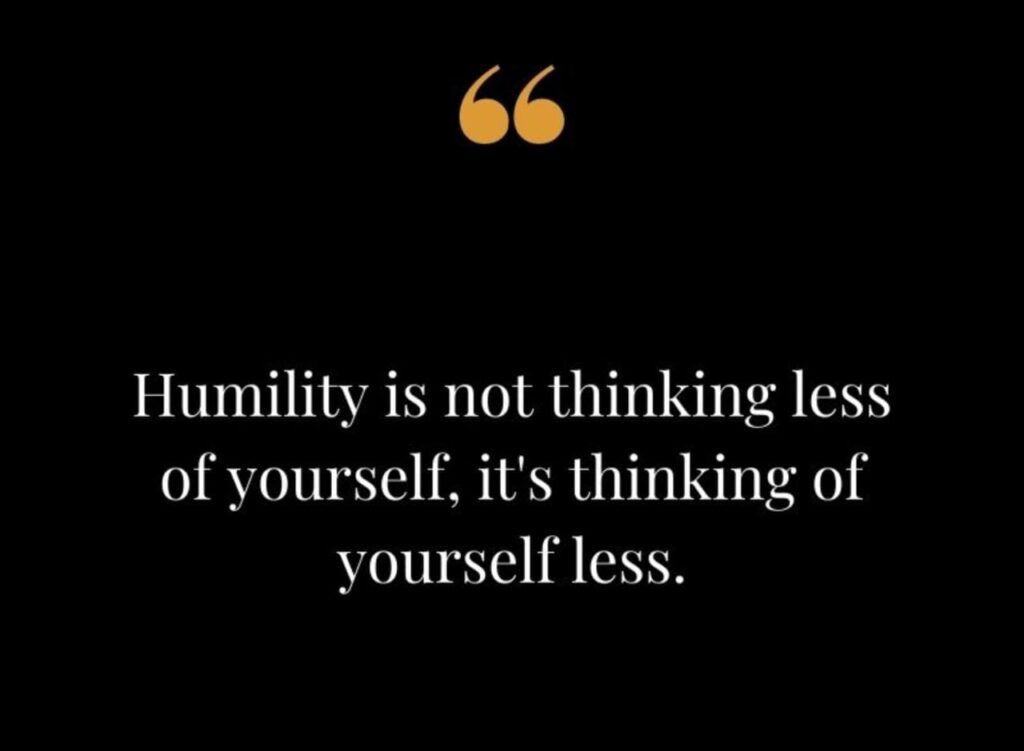17th January, 2023
At first sight, the ancient virtue of humility is not a particularly appealing one especially in the current world where everyone is broadcast the smallest accomplishment on the social media.
Deriving from the word humus (earth), it appears to clash with our current valuation of self-worth and self-realization.
But humility has nothing to do with meekness or weakness. And neither does it mean being self-effacing or submissive.
Humility is an attitude of spiritual modesty that comes from understanding our place in the larger order of things.
It entails not taking our desires, successes, or failings too seriously.
On a visit to the Beethoven museum in Bonn, a young American student became fascinated by the piano on which Beethoven had composed some of his greatest works.
She asked the museum guard if she could play a few bars on it; she accompanied the request with a lavish tip, and the guard agreed.
The girl went to the piano and tinkled out the opening of the Moonlight Sonata.
As she was leaving she said to the guard, “I suppose all the great pianists who come here want to play on that piano.”
The guard shook his head. “Padarewski, the famed Polish pianist, was here a few years ago and he said he wasn’t worthy to touch it.”
Pride makes us artificial and humility makes us real.
It was John Riskin who said, “I believe the first test of a truly great man is his humility. I do not mean by humility, doubt of his own power, or hesitation in speaking his opinion. But really great men have a feeling that the greatness is not in them but through them.
Jim Collins, in his book, ‘Good to Great’, has demonstrated that the most outstanding leaders are also the most humble.
The best leaders combine professional will with personal humility.
They are often “self-effacing, quiet, reserved, even shy” – always privileging the institutions they serve over their egos.
Be Humble always and stay blessed forever.

